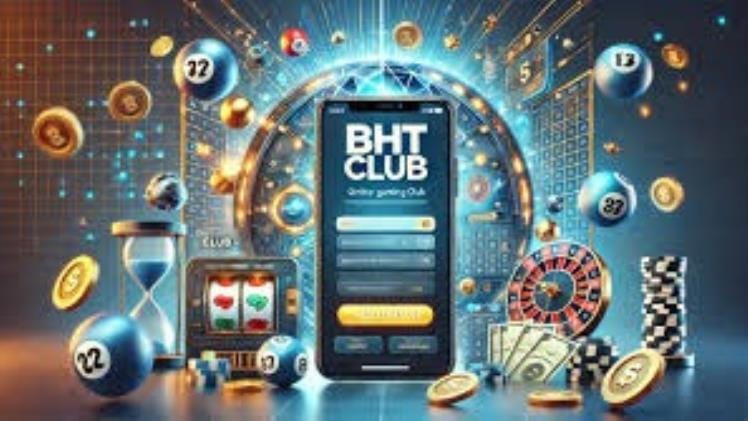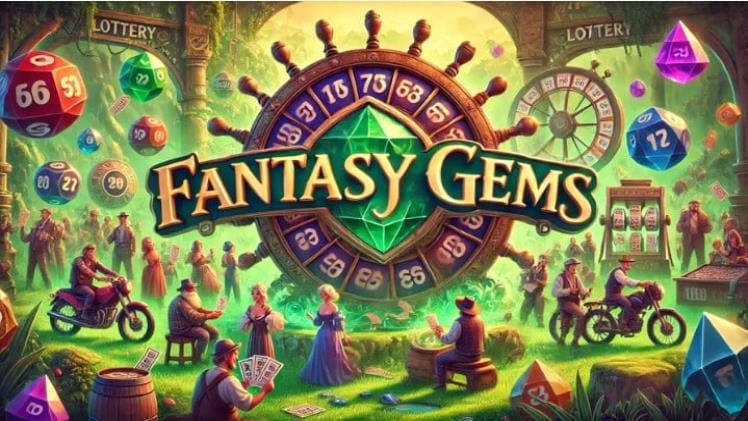In recent years, prediction games have gained immense popularity, particularly in the realms of sports, politics, and entertainment. These games allow participants to forecast outcomes and often involve a competitive element, where players can win prizes or recognition based on their accuracy. While prediction games can be entertaining and engaging, there is a growing concern about their potential to encourage unhealthy behaviors among participants. This article explores the various ways in which prediction games may lead to negative consequences, particularly in terms of gambling, social interactions, and mental health.
Table of Contents
The Allure of Prediction Games
Prediction games are designed to tap into the human desire for competition and the thrill of uncertainty. They often provide a platform for individuals to showcase their knowledge and skills, making them appealing to a wide audience. The excitement of predicting outcomes can create a sense of community among players, as they share their insights and strategies. However, this allure can also lead to problematic behaviors, especially when the stakes are high.
Gambling and Financial Risks
One of the most significant concerns surrounding prediction games is their potential to encourage gambling behavior. Many prediction games are linked to betting platforms like daman colour prediction platform, where players can wager real money on their predictions. This connection can blur the lines between casual gaming and gambling, leading individuals to take risks they might not otherwise consider. The thrill of winning can be intoxicating, prompting players to chase losses or increase their bets in hopes of a bigger payout. This cycle can quickly spiral out of control, resulting in financial difficulties and addiction.
Social Dynamics and Peer Pressure
Prediction games often thrive on social interaction, with players discussing strategies and sharing their predictions with friends and online communities. While this can foster camaraderie, it can also create an environment of peer pressure. Individuals may feel compelled to participate in prediction games to fit in or gain approval from their peers, even if they are uncomfortable with the associated risks. This pressure can lead to unhealthy behaviors, such as excessive gambling or engaging in prediction games that promote negative outcomes.
Impact on Mental Health
The psychological effects of prediction games can be profound. The constant need to predict outcomes and the stress of competition can lead to anxiety and frustration, particularly for those who struggle with the pressure to perform. Additionally, the fear of missing out (FOMO) can drive individuals Christian addiction recovery program to participate in prediction games even when they know it may not be in their best interest. This can create a cycle of stress and disappointment, as players grapple with the highs and lows of their predictions.
Desensitization to Risk
As individuals engage in prediction games, they may become desensitized to the risks involved. The more they participate, the more normalized the behavior becomes, leading them to underestimate the potential consequences of their actions. This desensitization can extend beyond prediction games, influencing other areas of their lives and encouraging risk-taking behaviors that may have serious implications.
Strategies for Responsible Participation
While prediction games can pose risks, there are strategies that individuals can employ to engage with them responsibly. Setting limits on time and money spent on prediction games can help mitigate the potential for unhealthy behaviors. Additionally, players should be encouraged to view these games as a form of entertainment rather than a means to make money. By maintaining a healthy perspective, individuals can enjoy the thrill of prediction games without succumbing to the negative consequences.
Conclusion
Prediction games can be a fun and engaging way to test one’s knowledge and skills, but they also carry the potential for unhealthy behaviors. The allure of competition, the risks associated with gambling, and the impact on mental health are all factors that must be considered. By approaching prediction games with caution and implementing responsible strategies, individuals can enjoy the excitement they offer while minimizing the risks involved. Ultimately, it is essential to strike a balance between enjoyment and responsibility to ensure that prediction games remain a positive experience.




